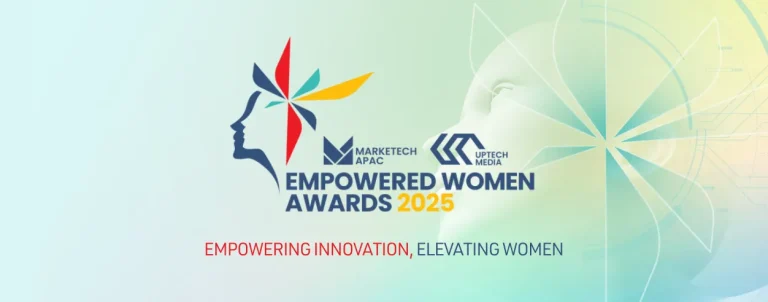Manila, Philippines – A recent report from the International Monetary Fund revealed that almost 40% of jobs in the Philippines face “high” exposure to artificial intelligence, with its potential to displace workers or provide tools to improve employee efficiency through task support.
According to the report, the firm estimated 36% of Philippine jobs are “highly exposed” to AI, which can either replace human roles or support tasks to improve productivity amongst workers.
On the other hand, more than half of those significantly affected jobs were rated “highly complementary,” suggesting that AI can support and improve tasks rather than replace workers.
Said figure further implied that with 14% of the Philippine workforce at risk of replacement by AI, the firm also pointed out that the business process outsourcing (BPO) industry might undergo significant transformations due to technological advancements. In particular, the growing prevalence of AI-driven chatbots and virtual assistants has been noted as a key factor in handling more customer service responsibilities.
Moreover, the IMF staff reported that roles such as technicians, service and sales workers, and clerical support staff face significant exposure to AI. However, these positions also carry a high risk of job displacement, with AI being less likely to merely support workers in these occupations.
On the other hand, AI offers ample opportunities to enhance the tasks of managers, professionals, and machine operators. Workers in crafts, trades, skilled agriculture, and elementary roles are also the least affected by AI.
In the Philippines, the report found that AI exposure in the country differs by gender, noting approximately half of the jobs held by women being highly exposed to disruptions, compared to only a quarter of jobs held by men.
“It is due to more women being employed as clerical support, service, and sales workers, whereas men have a higher share in trades, agriculture, machine operations, and elementary occupations, which are less likely to be impacted by AI at this stage,” the IMF emphasised.
Additionally, it was observed that the IT and Business Process Association of the Philippines, the umbrella organisation of IT-BPM firms in the country, is anticipating industry revenues to hit $37.5b and the domestic workforce to grow to 1.82 million by the end of the year.
The IMF further stated, “The authorities concur that skills gaps, including those related to Al, and the high cost of power are the biggest bottlenecks to greater private sector investment. They hope that joint efforts between the private sector and government agencies to modernise education curriculums, along with greater training for teachers at all levels and use of digitalisation, will improve education outcomes.”
Meanwhile, it also shared that AI is expected to have a significant impact on the global labour market, with studies suggesting that while some jobs may be replaced, AI will frequently serve as a complement to human tasks.
“Roughly half the exposed jobs may benefit from AI integration, enhancing productivity. For the other half, AI applications may execute key tasks currently performed by humans, which could lower labour demand, leading to lower wages and reduced hiring. In the most extreme cases, some of these jobs may disappear,” said the IMF.
“These findings suggest emerging markets and developing economies face fewer immediate disruptions from AI. At the same time, many of these countries don’t have the infrastructure or skilled workforces to harness the benefits of AI, raising the risk that over time the technology could worsen inequality among nations,” it concluded.











